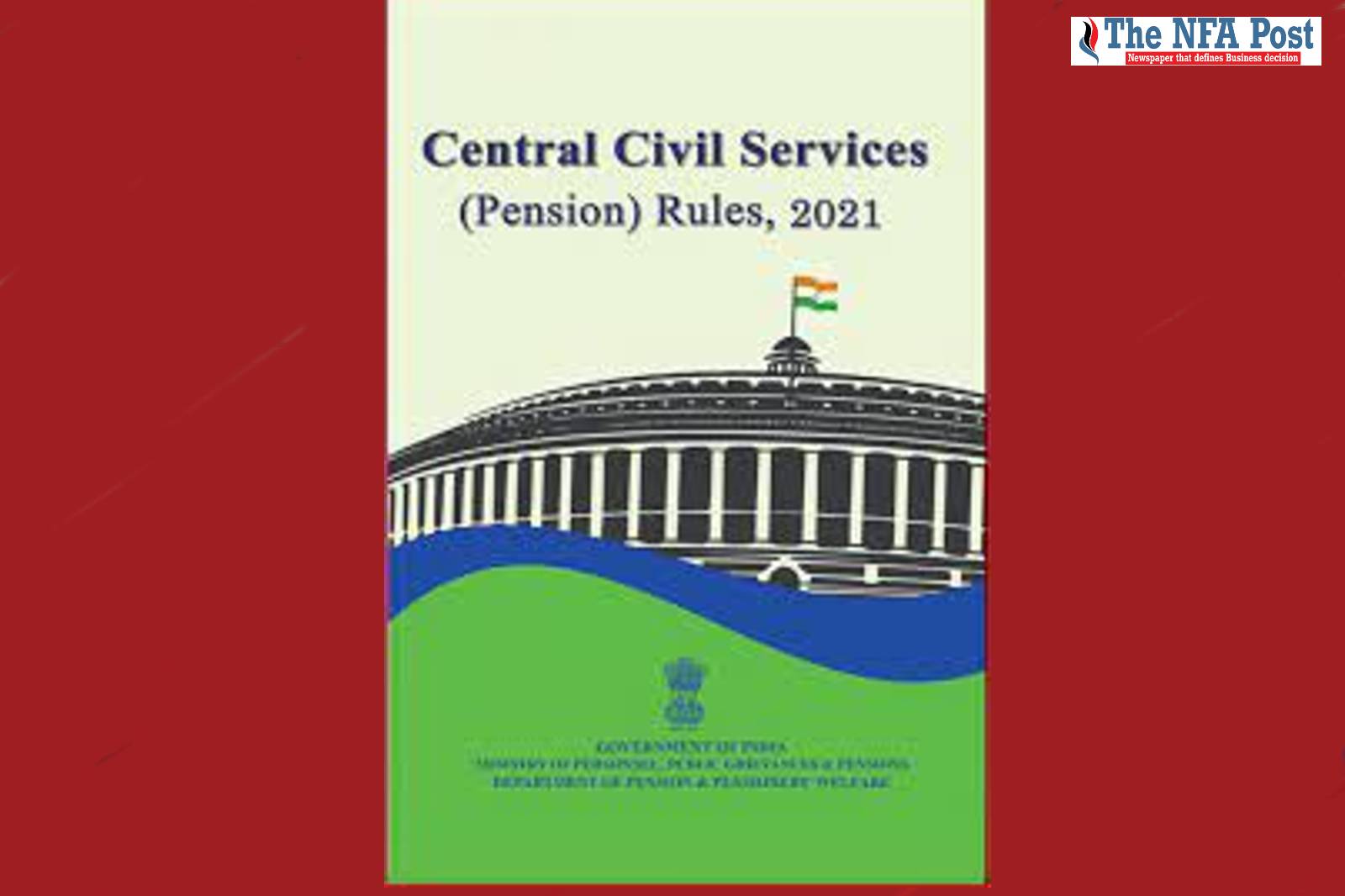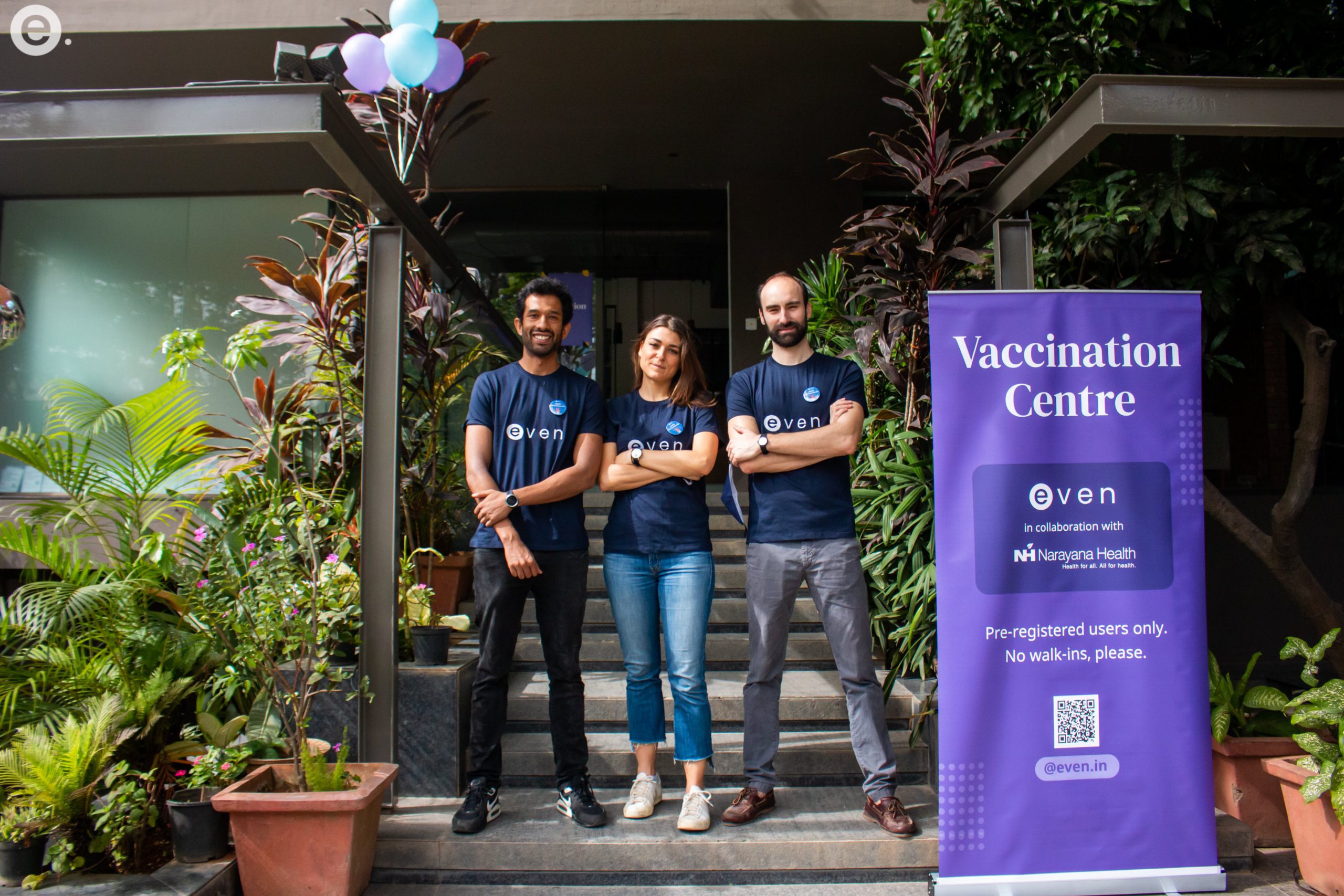Govt amends CCS (Pension) Rules, 2021, allowing female employees or pensioners to grant family pension to their eligible child/children after their own demise, instead of their spouse
The amendment addresses situations where marital discord leads to divorce proceedings or cases filed under acts such as the Protection of Women from Domestic Violence Act, Dowry Prohibition Act, or IPC
“It is the Prime Minister’s priority that no woman should be deprived of equal opportunities and rights”: Dr Jitendra Singh
Govt amends CCS (Pension) Rules Giving Woman employee right to nominate son/daughter for family pension
New Delhi, NFAPost: In a pathbreaking decision with far reaching socio-economic impact and in keeping with Prime Minister Shri Narendra Modi’s policy to provide equitable rights to women, the Government has amended the long standing established rule, thereby granting the woman employee the right to nominate her son or daughter for family pension, instead of her husband as has been practice so far.
Sharing this with the media, Union Minister of State (Independent Charge) Science & Technology Jitendra Singh said, the Department of Pensions and Pensioners’ Welfare (DoP&PW) has introduced an amendment to the CCS (Pension) Rules, 2021, allowing female government employees or pensioners to grant family pension to their eligible child/children after their own demise, instead of their spouse.
The amendment will address situations where marital discord leads to divorce proceedings or cases filed under acts such as the Protection of Women from Domestic Violence Act, Dowry Prohibition Act or the Indian Penal Code, the Minister said.
Previously, family pension was granted to the spouse of a deceased government servant or pensioner, while other family members became eligible only after the spouse’s ineligibility or demise. However, the new amendment allows female government servants or pensioners to request the grant of family pension to their eligible child/children after their own demise, instead of their spouse.
“The amendment is in line with PM Modi’s policy of giving equitable, just and legitimate rights to the women functionaries in every sector, whether it be Permanent Commission to Women in the Armed Forces or Women’s Reservation Amendment in Parliament,” said Union Minister of State (Independent Charge) Science & Technology Jitendra Singh.
In an office memorandum, the DoP&PW said, the female government servant or pensioner must make a written request to the concerned Head of Office, stating that family pension should be granted to her eligible child/children in precedence to her spouse, in the event of her death during the ongoing proceedings. If the female government servant or pensioner passes away during the proceedings, the family pension will be disbursed accordingly.
The DoP&PW notification said, if a woman employee is survived by a widower with no eligible child, the family pension will be payable to the widower. However, if the widower is the guardian of a minor child or a child suffering from a mental disorder, the family pension will be payable to the widower, as long as he remains the guardian. Once the child attains majority and remains eligible for family pension, it will be payable directly to the child.
For cases where the deceased female government servant or pensioner is survived by a widower and children who have attained majority but are still eligible for family pension, the family pension will be payable to such children. After all eligible children cease to be eligible for family pension, it will become payable to the widower until his death or remarriage, whichever occurs first.
Union Minister of State (Independent Charge) Science & Technology Jitendra Singh, who is also Incharge DoPT (Department of Personnel & Training), said that a series of Governance reforms have been introduced under PM Modi to provide an enabling environment for working women.
Dwelling on the Women-Centric reforms in Department of Pensions and Pensioners’ Welfare, Union Minister of State (Independent Charge) Science & Technology Jitendra Singh said, an earlier order enabled a divorced daughter, in whose case a decree of divorce was issued after the death of her parents, to be eligible for family pension if the divorce petition was filed before death of the parents.
Similarly, he said, the families of missing employees covered under NPS can now get family pension within 6 months of lodging FIR and not wait for 7 years after which employee is considered deemed dead. Even in cases where the Government servant dies before completing a service of 7 years, family pension shall be payable to the family at enhanced rate of 50% of last pay for the first 10 years and thereafter @ 30% of last pay.
The Minister said, DoPT has taken concerted efforts to increase the representation of women in Central Government jobs and to provide them a balance between professional as well as family life. A series of amendments have been issued by the DoPT related to Child Care Leave (CCL); Leave Travel Concession (LTC) and foreign travel for Women employees on CCL; grant of Special Allowance @ Rs.3000/- p.m. to Women employees with Disability for child care with effect from 1st July, 2022, which will increase by 25% on increase of DA by 50%; Special Leave provision for an aggrieved female Government Servant in matters of sexual harassment and grant of Special Maternity Leave of 60 days to a female Central Government Servant in case of death of a child soon after birth.





